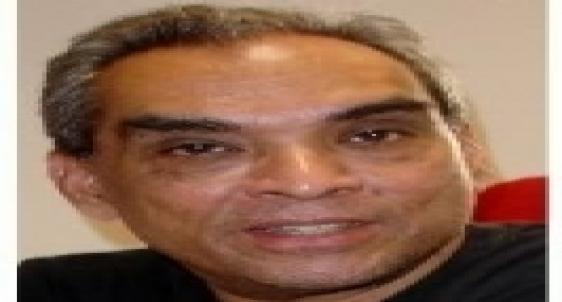
(he completed his PGP in1971) to deliver Convocation Address, he touched the hearts of over 1,000 people who had gathered for the ceremony. His speech, packed with nostalgia, offered an excellent overview of changing business dynamics. In a presentation, titled ‘The Bakshali Inheritance’, he drew on the massive intellectual capital that India has offered to the world even as far back as BC. He urged future managers to think of developing management theories based on the India paradigm: “If you succeed (in developing unique Indian business models), Indian managers and management theories would have made their own unique contribution to the world,” he said.
Highlighting the dramatic shift in the business environment, Mr Balakrishnan asked: “What is different in today’s India compared to when I graduated in 1971? I suppose the big difference is that the world’s macro economic factors have swung India’s way. It started with the Western world’s information technology industries developing, in the 1990s, an insatiable demand for low-cost English speaking manpower to convert billions of lines of computer code… This labor cost arbitrage opportunity has continued. Western financial service, health care and customer service industries have started a transition from a craft mode to an industrial mode. During this transition, they need a large supply of reasonable skilled, low cost, English-knowing workers. Low telecom costs have made it possible to serve this need long-distance from India.”
Mr Balakrishnan said that the second wave that is propelling India forward is the “tremendous liquidity surplus” in the world: “Capital today is gushing out and finding its way to Indian equity markets, into real estate, into almost anything that you can name.”
Drawing attention to the unique Indian socio-economic milieu, he added that while general prosperity is on the rise, majority of Indians will still have low income levels in future. “Even 35 years from now, the average Indian will earn just Rs 5,000 a month. On this income he will have to feed and educate his children, look after their healthcare needs, afford entertainment and life insurance. This means he must have a place to stay with clean water supply at say Rs 200 per month, uninterrupted electric power perhaps at 50 paisa per unit at the consumer level, medical insurance at say Rs 10 per person per month. If we have to achieve this, we need to convert our economy to one that has the lowest transaction and transformation costs in the world,” he pointed out.
Mr Balakrishnan agreed that these seem “impossible targets” to achieve using the current management methods and present economic institutions. “We need to devise new paradigms that achieve these targets without any subsidies… ones that allow businesses that provide these services excellent returns on their capital,” he said. Making a case for the Indian paradigm he said, “In finding answers to such challenges, in the past, all of us in Indian management have borrowed paradigms from the West and force-fitted them into the Indian situation.”
While quoting the success of the Aravind Eye Care System that treats over 1.4 million patients each year (of who two-thirds of them are treated free), he said, “Please remember that each management paradigm has its societal context and cannot be that easily borrowed. Original management paradigms to address the Indian challenges have to be developed and it is your generation that will have to do that.”


























